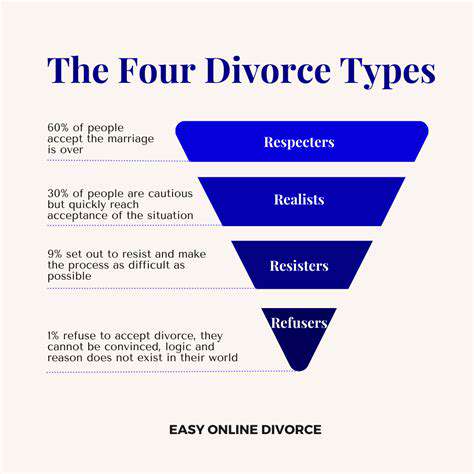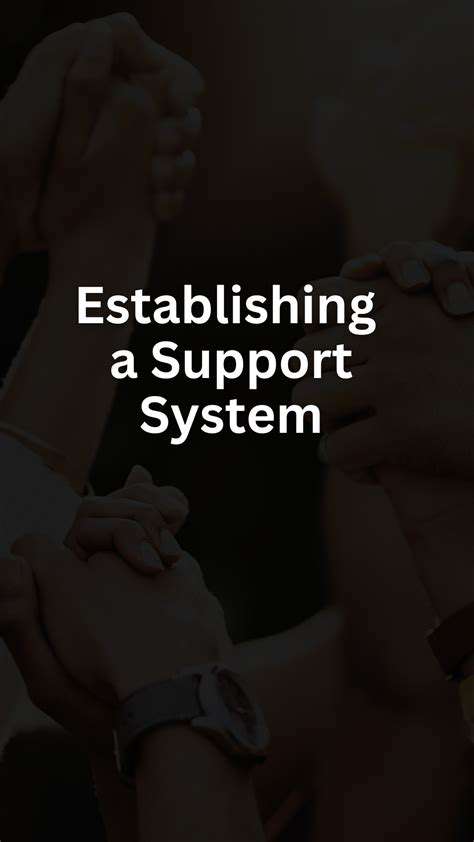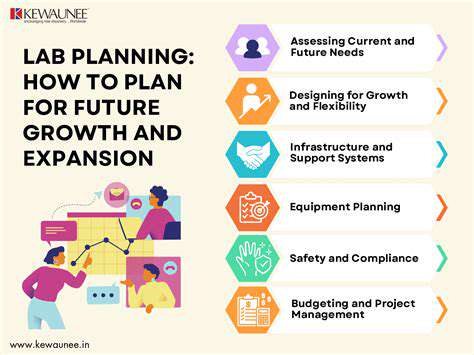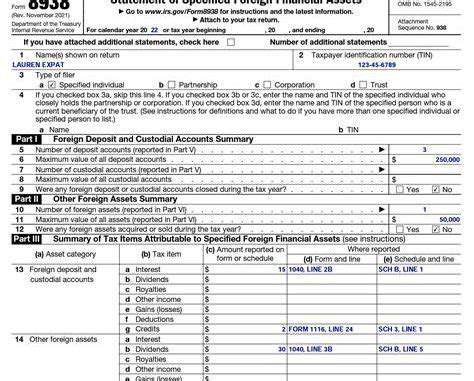How to Draft a Divorce Settlement Agreement
Create a spreadsheet tracking all accounts opened during the marriage, even those closed recently. Loan applications from the past five years can uncover hidden assets or undisclosed debts.
3. Property Documentation
Pull together more than just deeds and titles. Home improvement receipts matter - that $50k kitchen remodel affects property valuation. Photograph serial numbers on high-value electronics and collectibles. For vehicles, include maintenance records and current mileage readings.
Check storage units and safety deposit boxes - make itemized lists with dates. If you inherited family heirlooms during the marriage, gather provenance documents to establish separate property claims.
4. Child-Related Documentation
Build a comprehensive binder with:- School attendance records- Extracurricular expense receipts- Medical/dental payment histories- Therapy session notes (with provider redactions)- Text message logs regarding parenting decisions
Create a timeline of major parenting milestones - who attended IEP meetings, handled bedtime routines, or coordinated summer camps. This concrete evidence often sways custody determinations more than verbal claims.
5. Legal Preparation
Research goes beyond generic state laws. Study recent local court rulings in similar cases - some judges favor specific custody schedules. Document any history of protective orders or police reports involving family members.
Create a master contact list of all professionals involved: accountants, therapists, tutors. Their testimony could prove invaluable if disputes arise later.
2. Establish Child Custody and Support Framework

Decoding Custody Categories
Legal custody isn't just about big decisions - it includes rights to access school portals and medical portals. Specify who maintains primary login credentials for these critical systems. Physical custody arrangements should account for commute times between homes and school districts.
Consider hybrid arrangements: maybe one parent handles educational decisions while the other oversees healthcare. These nuanced splits can reduce conflict points.
Calculating Financial Support
State calculators provide baselines, but real-life often demands adjustments. Factor in tutoring costs for learning disabilities or orthodontic treatment plans. For teen drivers, include anticipated car insurance premiums.
Create escrow accounts for future expenses like college applications or sports equipment. Specify contribution percentages in writing to avoid yearly negotiations.
Mediation Dynamics
Choose mediators carefully - those with child development backgrounds often achieve better outcomes. Bring visual aids to sessions: proposed custody calendars, expense spreadsheets. Record virtual mediation sessions (with consent) for later review.
Consider splitting mediation costs proportionally to income. This financial stake often increases commitment to the process.
Custody Decision Factors
- Track record of attending school events
- Ability to maintain cultural/religious traditions
- Work schedule flexibility
- Extended family support networks
Courts increasingly consider technology access - can the parent manage online schooling platforms? Does the home have reliable internet? These practical factors now weigh heavily in stability assessments.
Crafting Detailed Parenting Plans
Your agreement needs military precision:- 15-minute pickup/dropoff windows- Holiday rotation schedules 5 years out- Protocol for last-minute schedule changes- Social media posting guidelines
Include right of first refusal clauses - if a parent needs childcare during their time, the other parent gets first option. This maintains child-parent bonding opportunities.
Legal Safeguards
Hire attorneys who specialize in high-conflict cases if tensions run high. Request inclusion of compliance monitoring - maybe quarterly check-ins with a parenting coordinator. For international elements, ensure the agreement meets Hague Convention standards.
3. Navigate Asset Division and Spousal Support
Property Distribution Strategies
Inventory assets creatively - timeshares, airline miles, even wine collections. Use forensic accountants for complex portfolios with stock options or private equity. Remember, the family pet's custody now requires formal agreements in many states.
Consider liquidity differences - $100k in retirement funds ≠ $100k cash. Tax-adjusted values prevent unfair splits. For family businesses, explore earn-out structures rather than immediate buyouts.
Alimony Structuring
Tailor support types to your situation:- Rehabilitative alimony with specific milestones (degree completion dates)- Cost-of-living adjustment clauses- Sunset provisions based on cohabitation triggers
Secure payments with life insurance policies. For high-risk cases, require income withholding orders through employers.
Tax Implications
Post-2018 divorces need creative solutions since alimony lost its tax deduction. Consider property transfers instead of support payments where possible. QDROs (Qualified Domestic Relations Orders) require special handling for retirement accounts.
Track down cost basis information for investments - unexpected capital gains taxes can derail financial plans. Consult CPAs who specialize in divorce to model different scenarios.
4. Draft Ironclad Settlement Agreement

Agreement Essentials
- Define emergency for last-minute custody changes
- Specify communication protocols (OurFamilyWizard app required)
- Include digital asset passwords in property exhibits
Anticipate life changes - what happens if a parent relocates for work? How are college costs handled if scholarships emerge? Build in annual review processes without requiring mutual consent for minor adjustments.
Drafting Techniques
Use plain English explanations alongside legal terms. For example: Joint legal custody (meaning both parents must agree on major medical decisions). Attach exhibits as living documents - a Google Sheet for expense tracking that both can access.
Require mutual notarization for any changes. This formality prevents casual amendments that could lead to confusion.
5. Secure Expert Legal Guidance
Attorney Selection Criteria
Look beyond years practiced. Find lawyers who've handled cases with similar asset profiles - tech startups vs inherited wealth vs professional practices. Check disciplinary records through state bar associations.
Interview multiple candidates. Ask about their negotiation vs litigation success rates. Many offer free initial consultations - use these to assess communication styles.
Cost Management Tactics
Request unbundled services - maybe you handle document collection while they focus on court filings. Use paralegals for routine paperwork to reduce billable hours. Some firms offer flat fees for specific phases like discovery or mediation preparation.
Track all communications - billing for 15-minute phone calls adds up quickly. Politely question any vague line items like case strategy development.
Mediation-Litigation Balance
Use attorneys as coaches during mediation sessions. Have them review proposals before signing rather than attending every meeting. For court appearances, request fee estimates for different scenarios - a 1-day vs 3-day trial.
Consider collaborative law approaches where both sides retain attorneys but commit to settlement. This avoids courtroom drama while maintaining legal protections.











